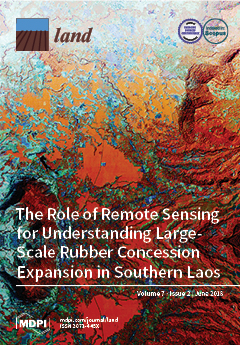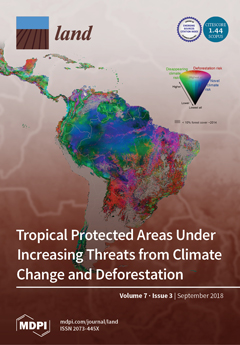Small scale landlords: research findings and recommendations
Small Scale Landlords make a significant contribution to the South African economy. They provide a range of accommodation types for approximately 15% of all South African households (1,85 million households). 60% of this stock (1,1 million households) comprises Household Rental including both formal and informal units located in backyards.



